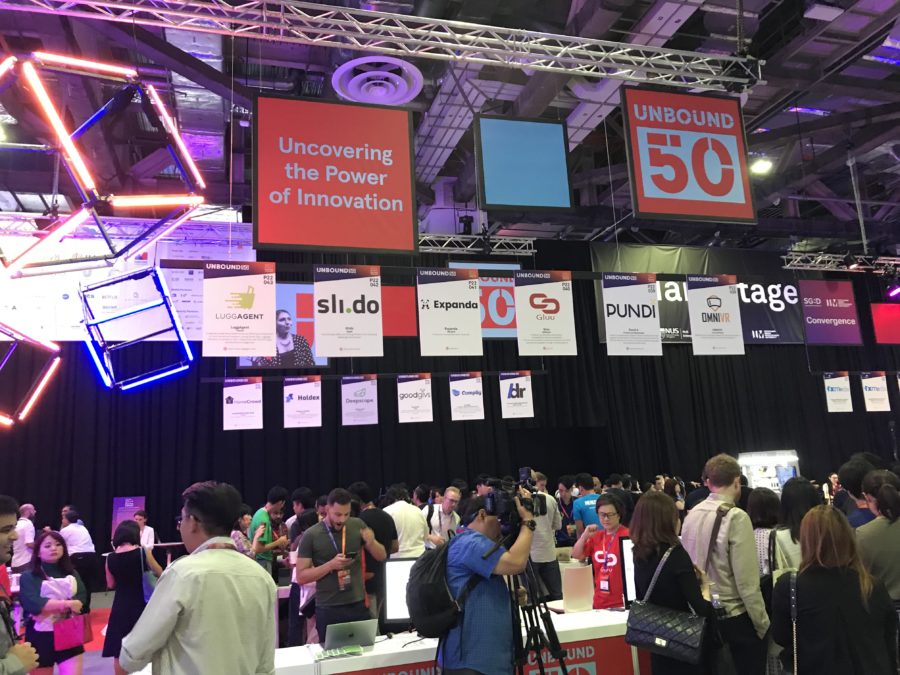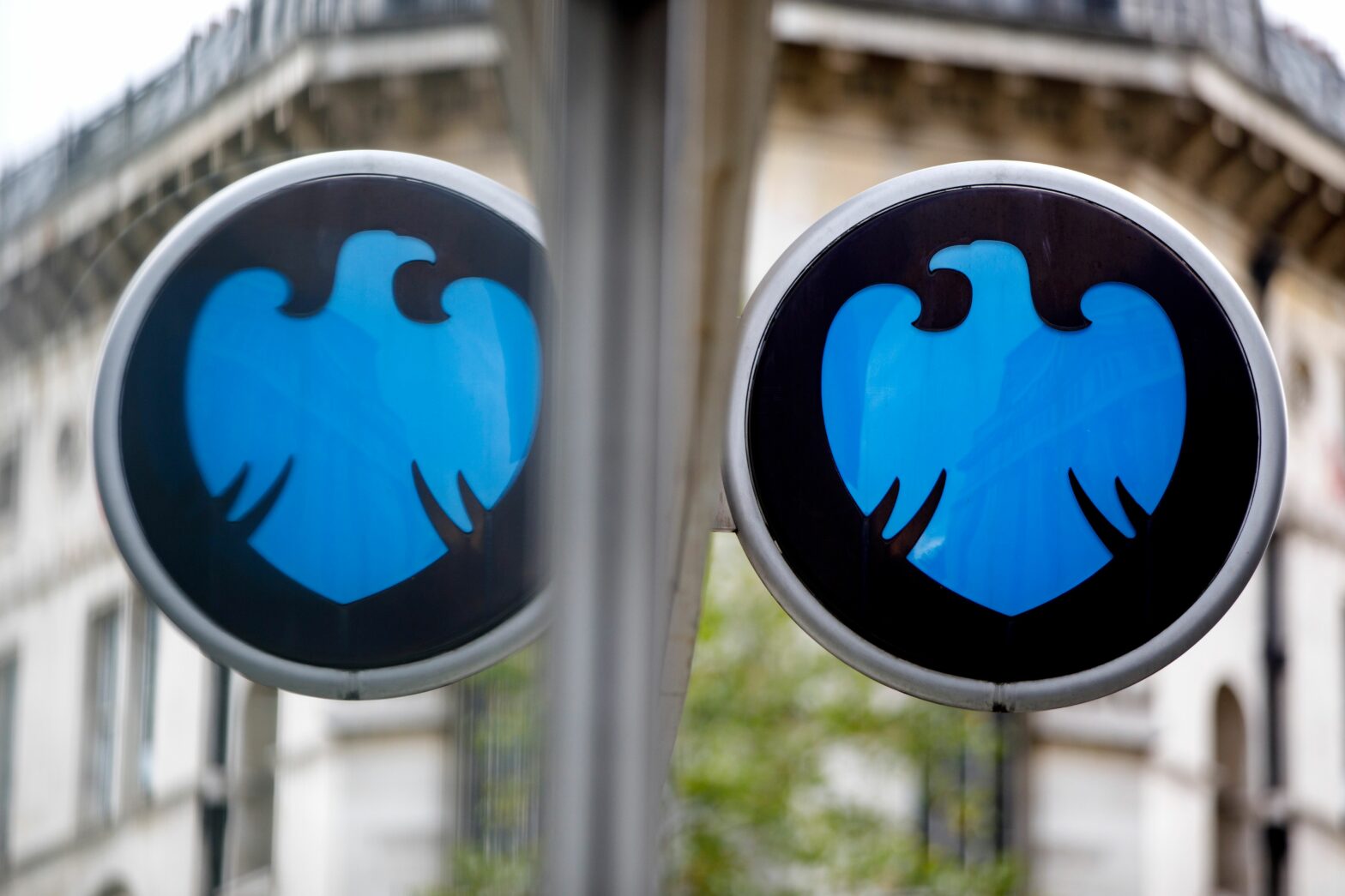Countries, governments and private organisations around the world now realise the importance of technology; how it will shape business models and change society as we know it. This realisation, alone, is not enough. Instead, both public and private sectors must take proactive steps to embrace and take advantage of the digital age: fostering tech startups is one way of doing this.
In a recent trip to Singapore, Information Age learned how the smart nation plans to develop its tech startup ecosystem — the future heartbeat of its digital economy.
Related: The smart nation: Singapore’s masterplan – In October 2016, two departments within Singapore’s Government merged to form the IMDA. This will enable the completion of the government’s 2025 masterplan: to create a competitive infocomm media ecosystem that enables and complements the countries smart nation ambition.
Fostering tech startups with a seal of approval
South East Asia’s digital economy is growing rapidly — it’s forecast to triple in size and reach $240 billion by 2025, according to Google’s third “e-Conomy SEA” report. Central to this growth are Singapore’s 2,400 tech start-ups — with the industry estimated to be worth over US$11 billion.
To ensure that these tech startups have a fighting chance, access to investment and the support needed to grow, Singapore’s IMDA put into place two programmes: Accreditation@SG Digital (July 2014) and SG:D Spark — the latter having run for just under a year.
Prime Minister Lee Hsien Loong looking to the digital future: “We’ve plucked all the low-hanging fruit”
Accreditation
This programme supports small, high tech companies that develop products aimed at the B2B enterprise segment.
Accreditation SG:D looks at a variety of companies, evaluates them (management structure, security, foundations) and their market potential. If successful in their application, the accredited companies will get huge support behind them: reference cases, access to new customers and a stamp of approval for future buyers and regions, with no competition or procurement process.
“We want to identify high growth tech companies with a strong management team and a good product (without a track record),” said Tan Kiat How, chief executive, IMDA.
The accredited tech startups and their product — if appropriate — are then introduced into various government agencies. If their solutions perform well, they are then assisted in pursuing traditional sectors — whose companies are looking for ideas and innovations.
As of June 2019, 45 companies had been accredited on the programme in areas such as video analytics, data analytics, robotics and energy management.
Since it’s inception, the Accreditation@SG programme has created a pipeline of over $364 million for its accredited companies, with 778 government and enterprise projects won to-date, while the companies have secured over S$208 million in new growth capital during or after accreditation.
Three accredited companies have had successful exits through acquisitions (Deep Identity, Kai Square and most recently, Dynamic Yield which got acquired by McDonalds for USD300M), with one IPO (Anacle).
Achieving a connected, digital future in the Asia-Pacific region
Accredited case studies
Information Age was fortunate enough to meet three companies on the IMDA’s accreditation programme:
• Envision Digital
• Transwarp Technology
• IglooHome
Envision Digital and Transwarp are not necessarily tech startups (they’re part of larger organisations that have expanded into Singapore, as a standalone entity in Envision Digital’s case). However, the below examples demonstrate how the Singapore government is enticing companies to become part of its digital economy.
Envision Digital is in the business of energy transformation. Part of a larger hardware-based company in Shanghai, China, Envision Digital uses intelligent IoT technology to solve the world’s sustainability challenges.
“AI and IoT are needed to manage, orchestrate and optimise this new energy world,” said Ko Kheng Hwa, chairman, Envision Digital.
“The accreditation was very useful for us. It acted as a stamp of approval; providing financial and technical means to support solutions for customers, while assisting us in marketing both in Singapore and overseas,” he said.
For, Transwarp Technology — whose name is based on the work of Chinese sci-fi novelist — Michael Fang, general manager, said there were challenges when the company, headquartered in Shanghai, opened an office in Singapore. “We wanted to establish a presence in Singapore for the overseas market,” he said. The company, which focuses on big data and AI in the bottom layer of applications is new to the country and not familiar with the regulations and common methods of doing things — “we’re now more familiar with this community through the accreditation programme,” said Fang.
IglooHome, the smart lock company, is headquartered in Singapore. It found the accreditation programme useful as it sought to move from the consumer to the enterprise market. “The IMDA’s stamp of approval and assistance with product development has given us a leg up,” explained Anthony Chow, CEO and co-founder of the company. “I’m proud to say we’re the only lock company to go through the IMDA accreditation.”
Digital transformation across sectors: driven by consumer demands — Smart Nation Summit
SG:D Spark
This programme was launched by the IMDA in 2018 and is focused on younger tech startups — linking them to potential customers, lawyers and CX experts: a whole ecosystem of experts in different fields that can assist with their growth.
So far, SG:D Spark is made up of 16 companies. “We want to help them reduce the cost of innovation and help them expand in two ways: going beyond B2B or B2C and growth,” said Howie Lau, chief industry development officer, IMDA.
The programme is still in its fledgeling phase and the outcome indicators that determine success — incremental revenue and growth — in some cases, need more time to become apparent.
“As the programme runs, we need to think of it like every organisation: agile and adaptable,” said Lau.
Spark case studies
Impress — which helps automate the HR process regarding preliminary interviews, making the process fairer — joined Spark in December last year. It was already doing pilots with government agencies at this point. However, after joining the programme, “things changed from doing pilots to two–three year contracts across ten government agencies,” said Sudhanshu Ahuja, the company’s CEO and co-founder. “We have experienced exponential growth and it really transformed the company in terms of profits, size (five employees to 25) and the real business we’re now doing with the government. What we’re doing now would have been impossible last year,” he continued. “Our deal cycle has reduced from eight months to three, because the brand is growing.”
It’s a risk to work with startups, but Spark helps alleviate this fear, through rigorous management, financial and security checks. “The programme has introduced us to new customers and helped when pitching for Series funding,” continued Ahuja. “It’s given us credibility.”
Haulio, the logistics company focused on the digitalisation of mobility (regarding containers to and from shipping ports), had a similarly positive experience as part of the IMDA’s Spark programme.
In a totally different industry from Impress, Haulio benefited in different ways from the programme. “It’s helped with setting up the company and establishing the structure,” said Alvin EA, chief executive and co-founder. “There are lots of things that I’m lacking in as a founder, but the master classes led by the IMDA give my team and I exposure to a range of disciplines that we are not necessarily experts in; designers to UX courses, for example. “On top of this, as we’re looking to bring our service overseas, accreditation from the government, who connects us to the right people, puts us in a good position to grow.”
Of course, Singapore is not the only country supporting tech startups — most are. But, because of its unique position (size, geography and political system), it is able to deliver a much more hands-on approach to fostering its burgeoning tech startup ecosystem.
See also: Helping traditional industry SMEs embrace digital technologies – Singapore’s SMEs Go Digital programme aims to help traditional industry SMEs use digital technologies and build stronger digital capabilities to seize growth opportunities in the digital economy.







